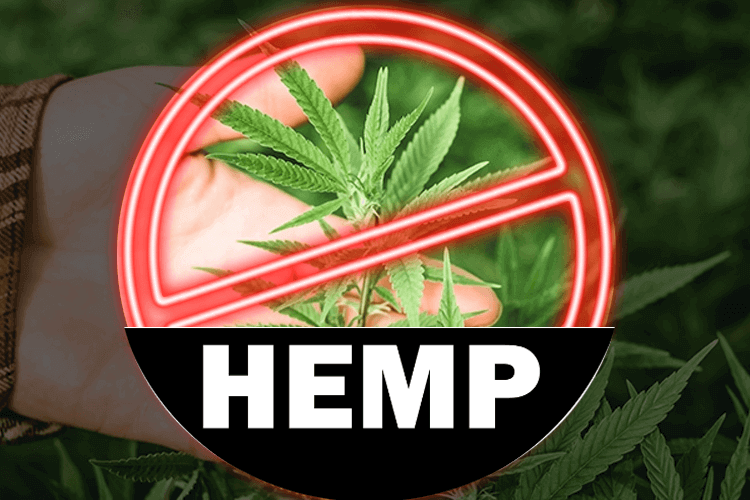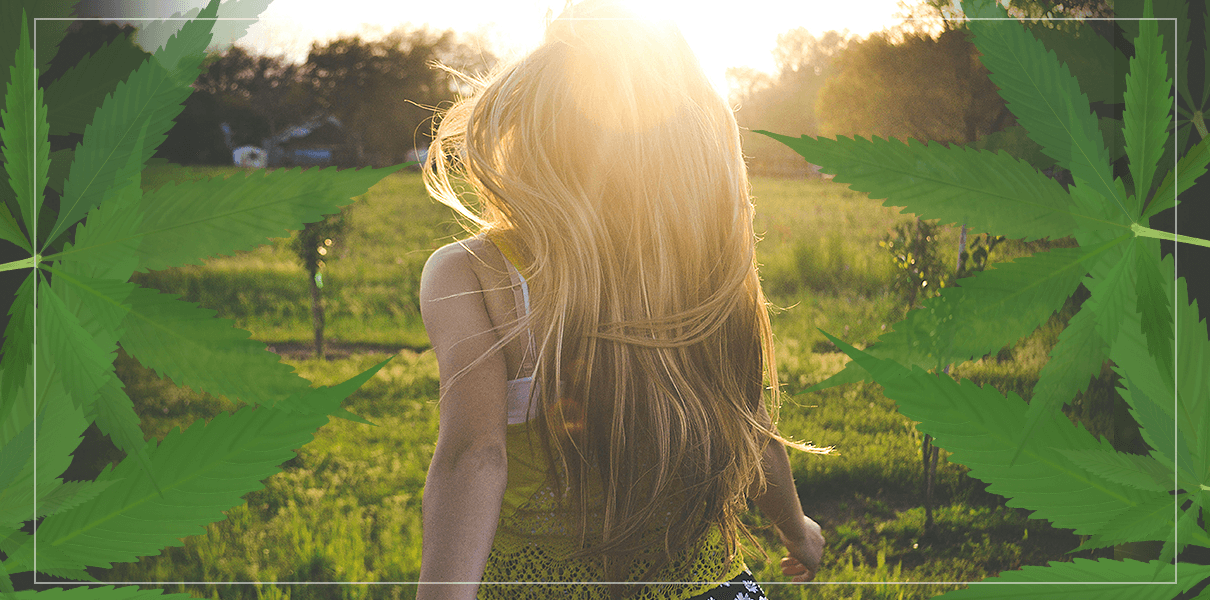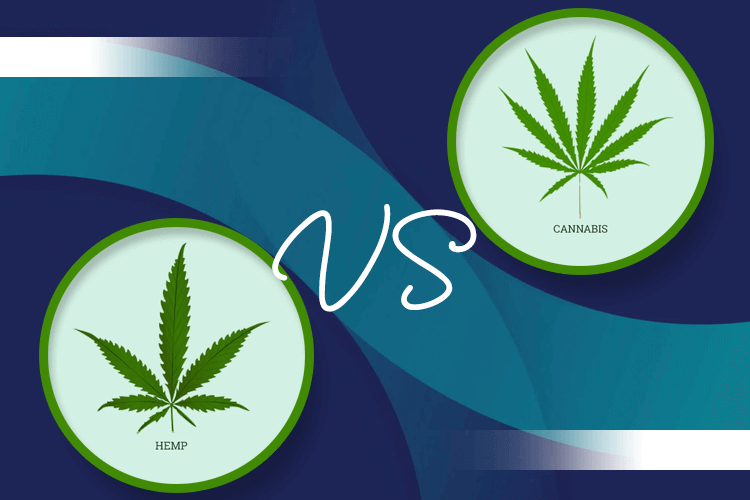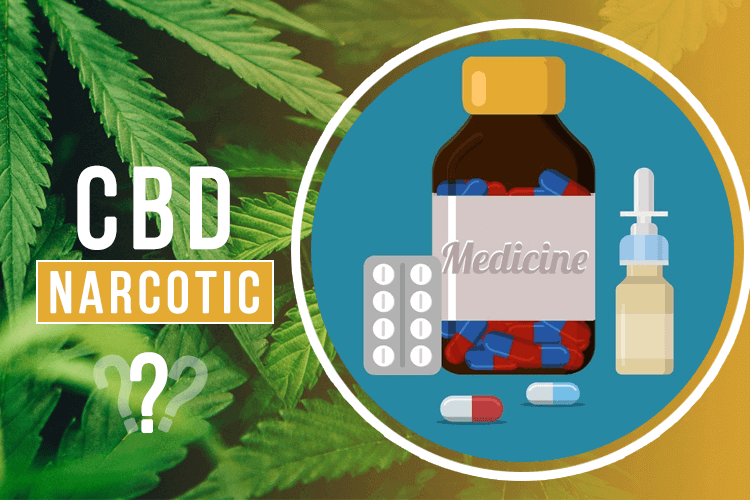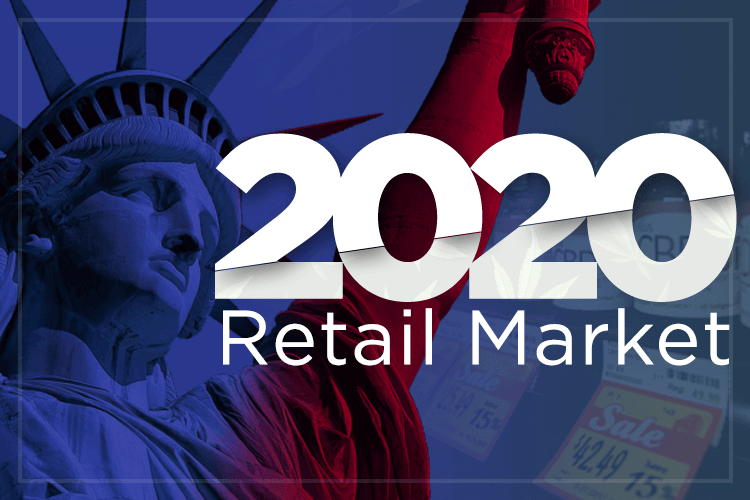The hemp industry has seen many ups and downs until now. But the real good news we got on 20th December 2018. Because on this very day, the president of the USA – Donald trump signed the 2018 Farm Bill. You may be wondering what is new in signing the farm bills as it is an ongoing process. But this particular Bill has brought many changes to multiple industries. Especially for CBD oil products, it was a piece of “great news”. The hemp industry has seen countless bad days; Hemp has been included in the regulated substances with many products like Marijuana and other intoxicants. Thankfully with this Bill, it has been declared as an agricultural product, and the department of agriculture has taken the supervision role.
This news is revolutionary in the hemp industry. After decades of struggle now, the sale of CBD products is legalized. However, with Farm Bill 2014, some of the rules were eased out. But it was challenging to continue operating in this industry because there were no clear cut guidelines, and many people and organizations came with their version of interpretation. And many claimed that CBD business is illegal. But with the Farm bill, 2018, many things are cleared out.
With this Bill, hemp farmers can participate in USDA programs for certifications. Therefore hemp farming can get the tag “organic” from the illegal card. For this news, hemp farmers and the entire industry were waiting. And at last, that day came.
Hemp Prohibition History
The hemp industry has seen many bad days; the protest against CBD products dates back to 1906. Many people believe that newspaper publisher William Randolph Hurst embarked on the hate campaign against the hemp. There are rumors that the motive to start this campaign, Hurst, felt that hemp is the biggest threat to his timber business. Hence he started sharing fake news about hemp. From here, the misunderstanding started. Many people began to think that Marijuana and Hemp belong to the same category. It is a false notion.
But the real problem started when a government official led the charge against Hemp and CBD prohibition. Harry Anslinger, served as the first commissioner of the U.S. Treasury Department’s Federal Bureau of Narcotics. He was a strong opponent and supporter of hemp prohibition and criminalization of drugs. With his effort, he played a crucial part in cannabis prohibition.
The first steps towards a crackdown on hemp plants in America started with The Marijuana Tax Act of 1937. Leary V United States eventually substituted this Act of 1937 in 1969. In 1970, the Controlled Substances Act was passed after 48 years the new Farm Bill 2018 successfully overruled. It is the replacement of the Marijuana Tax Act of 1937 and treated hemp as a controlled substance.
What Farm Bill 2018 is Not
So it is essential to know what 2018 Bill says. To understand the Bill clearly, it is more important to understand what all this Bill does not allow. The main takeaway of this Bill is it does not give the ability to make claims for the hemp business about CBD products. Even though it is added to the agricultural product list, that does not mean anyone can make any claims about the CBD products while explaining its benefits. One has to remember that the FDA still has control over the CBD products. FDA guidelines clearly say no one should make claims saying it cures many medical issues. Even though it has some benefits until it is proved after the research, we must not make any medical claims. We hope we are not far away from getting a detailed report about the benefits of CBD products. Until then, we need to keep quiet in this matter.
The 2018 Farm Bill and Wholesale CBD Oil
After considering the hemp as an agricultural product, it paves the way for many research and development as well as the opportunity for dealing with the CBD products for businesses. Since there are some medical claims and are yet to be proved, we are excited to get the research results.
The Farm Bill 2018 consists of a detailed 807 pages report. Well, it is complicated to study all pages and get to know the law. So here are the key takeaway of this Bill, as highlighted by attorney Jonathan Miller from Frost Brown Todd LLC.
The wait is over now with the end of the era of hemp prohibition. Hemp is now permanently taken away from the Controlled Substances Act (CSA). From now on, it is forever deemed as an agricultural commodity, and no longer mistaken as a controlled substance like Marijuana and other intoxication products.
Makes Way to Commerce With CBD
With redefining hemp to include its “extracts, cannabinoids and derivatives,” Congress has explicitly taken out popular hemp products such as hemp-derived cannabinoids that is CBD, from the purview of Controlled Substance Act. As a result, the Drug Enforcement Administration (DEA) no longer has any claim to interfere with the interstate commerce of CBD products. This should give relaxation and comfort to federally controlled institutions such as banks, merchant services, credit card companies, financial institutions, e-commerce sites, and advertising platforms to commerce with CBD products and the Hemp industry.
USDA Programs for Farmers
Hemp farmers now finally access the benefits as other farmers do. They can obtain crop insurance and can completely participate in USDA programs for certification and competitive grants. This inclusion paved the way for growing the hemp without any worries for farmers.
State Government Regulations
Indeed, state and Tribal governments can impose separate guidelines and restrictions or requirements on hemp growth and the sales of CBD products. However, they have no right to interfere with the interstate transport of Hemp or CBD products. The main reason for this development is after the intense scientific studies and scrutiny; it is declared that CBD is safe, non-addictive, and non-toxic. These statements and resolutions are from the World Health Organization and the USA’s Food and Drug Administration after the detailed research on hemp products.
FDA Involvement
The Food and Drug Administration agency of the U.S. is established to regulate and ensure quality and harmless food and medicines are practiced in the country. After declaring the hemp products are safe, still, the FDA continues to exercise its jurisdiction and rights over the regulation of hemp products. We appreciate its effort to bring the people and business which are making misguided claims such as CBD cures anxiety, cancer, etc. In this way, they have sent reprimand to many of the sellers in the U.S. who made such claims recently. And also stated that if they did not make any changes in their claims that businesses would be shut down. However, this is causing a misunderstanding in the general public and to many retailers as well that hemp products are illegal. This could do massive damage to the hemp industry. It is crucial to make the FDA understand that their scientists have concluded that CBD products do not pose any health risks with its usage. It is vital to ensure that CBD products should not be withheld from the citizens of America who count on it for their health and wellness.
Farm Bill Section By Section
To understand the Bill in depth, let us look at the things section by section.
Section 7129 (p. 313) – This section allows hemp in USDA’s supplemental and alternative crop programs. Section 7501 (p.338), it includes the hemp in USDA’s critical agricultural materials program.
Section 7605 (p. 347) – This orders the USDA Secretary to make a report on the 2014 Farm Bill pilot program, and then it repeals that program one year after the new permanent hemp program is created. Section 10113 (p.429) – The guts of the latest stable legalization regime:
Section 297A (p.429) limits the THC portion for the CBD products. This defines hemp as all parts of the plant, less than 0.3% THC; it includes hemp derivatives, hemp extracts, and cannabinoids as well.
Section 297 B (p.429) this section provides the power to states and Tribes to submit plants to USDA to carry out permanent hemp growing programs. It requires information gathering, inspection procedures, and testing. The secretary of USDA must sign off on or reject the plan; it must be done within 60 days. And should consult with the Attorney General. The USDA secretary can later audit state programs and work with the states to develop a corrective plan of actions wherever a noncompliance situation arises.
Section 297B (e) (p. 431) allows the states and tribes to come up with their own procedures and regulations. To address violations, they have the right to take corrective actions in case of negligence.
Section 297B (e) (3) (B) (p.432) The individuals who commit drug felonies are prohibited from participating in State or Tribal growth programs for ten years from the date of their conviction. However, participants in the 2014 Farm Bill programs are grandfathered in to indulge in permanent programs despite prior felony committed.
Section 297C (p.432) makes it compulsory for States and Tribes to maintain information on the lands where hemp is grown and testing, enforcement, and inspection procedures. The USDA secretary has to collect such information and make it available and accessible in real-time to state, local, and federal law enforcement.
Section 297D (p.434) This section gives the responsibility to the USDA secretary to submit an annual report to Congress on the program development and implementation.
Section 297D (c) (p.434) It ensures the hold of FDA authority on food and drug in the USA. This section says nothing in the Farm Bill 2018 affects the FDA’s authority under the Food, Drug, and Cosmetic Act or the Public Health Service Act.
Section 10114 (p.435) Nothing in the new law prevents the interstate commerce of hemp, nor can tribes or States prohibit the transportation of hemp or CBD products throughout the states.
Title XI (p.439) Hemp farmers are allowed to participate in crop insurance, and marketability requirements for the crop insurance can be waived.
Section 12619 (p.540) This is the main section that distinguished hemp from Marijuana. Hemp is taken out from the definition of “Marijuana,” and THC found in hemp is excluded from the definition of a controlled substance.
Keynotes From The Conference Report Managers Summary
- 738 – The managers note that states and Tribe governments are authorized to put more restrictive guidelines on the production of hemp. Still, they are not allowed to change any of the definitions of hemp or put less restrictive place policies.
- 738 – The managers note that the USDA secretary must consult with the Attorney General regarding the approval of tribal or state plans. Still, the managers intended that the final call was made by the secretary. States or Tribes’ governments can appeal or resubmit the policies that are already rejected or revoked.
- 739 – It says any drug felonies conducted after the permanent program begins will prohibit participants from participating, regardless of whether they have been involved in the 2014 Farm Bill pilot program.
- 739 – The secretary of USDA must prepare the program information in such a way that it should be accessible in real-time to law enforcement, and it is encouraged to make a memorandum of understanding to define the parameters of this information sharing.
- 739 – Indian Tribes and States may limit the productions and sales of hemp and other CBD products within their jurisdictions. The managers in section 10122 agreed not to allow such states and Indian Tribes to limit the transportation or shipment of hemp or CBD products through the state or Indiana territory.
These are in detail about the milestone bill in the history of hemp and hemp-derived products. This Bill itself gives answers to many questions, but still, we are facing frequent questions about the hemp and CBD products. So we deem it is vital to address those questions.
Frequently Asked Questions About CBD
Is CBD sale and consumption illegal?
As per the guidelines, if the CBD products contain less than 0.3% THC, then it is legal to sell and use through the USA. To get the legalized products you can use our website, we are distributing only clinically certified products. You can get the lab reports for our products.
Does CBD get you high?
The properly sourced CBD contains the THC content of less than 0.3%. That means it will not get you high.
Do CBD products have side effects?
The usage of a variety of CBD products is relatively new. Hence there is no scientific data to conclude precisely. Many types of research are happening to arrive at the right and scientific conclusions. However, some users reported minor side effects, such as stomach discomforts and drowsiness. This may be because of consumption in high quantities and due to most of the oil contents.

